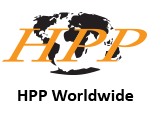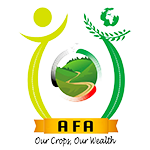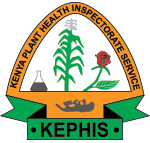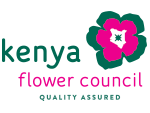
Latest News
Walk Through IFTEX With World of Spray Roses: Spray Roses, Selfies & Show-Stopping Stands
Published: July 1, 2025
Earlier this month, we packed our bags and headed to Nairobi for one of the biggest events on the floral calendar: IFTEX 2025 at the Oshwal Centre. And wow — what a show! This year was absolutely buzzing. From jam-packed halls to jaw-dropping floral displays, it was nearly impossible to move through the aisles without bumping into a bunch of blooms or a crowd of excited visitors (the good kind of floral traffic jam).
But the best part? Spotting The World of Spray Roses logo proudly shining on so many stands! There’s nothing quite like seeing our spray rose growers in their element — stylish, creative, and full of floral flair.
Come on, let’s take a little walk through IFTEX together.
First Stop: Flora Ola
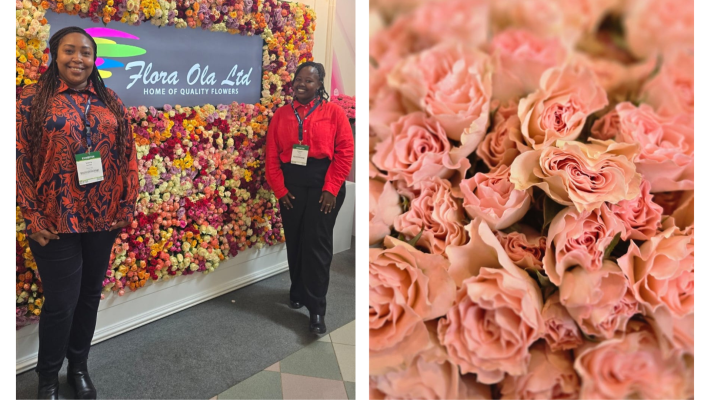
We kicked things off in Hall 1 and were instantly drawn to the creative use of space from Flora Ola — their first time exhibiting at IFTEX, and they absolutely nailed it! The photo wall was a total hit (hello, Instagram backdrop), and the vibe was fresh and fun.
We chatted with the lovely team, who confessed they didn’t expect the stand setup to take quite so long. “We almost slept here the night before!” one of them laughed. We’ve all been there. Welcome to flower show madness!
Redlands: A Floral Candyland
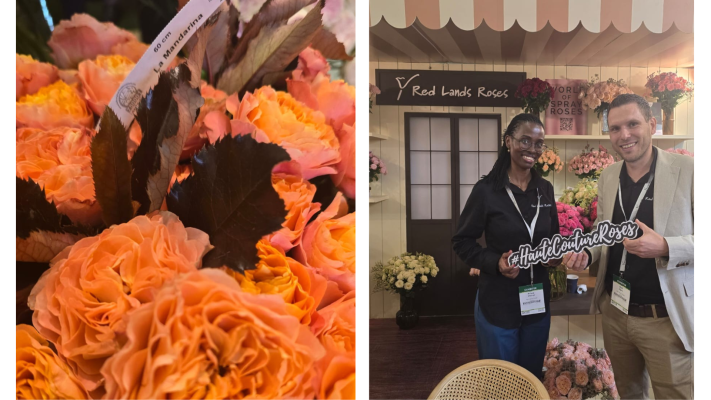
Next up? A sweet treat from Red Lands Roses SEZ Plc , where the stand theme was a candy shop bursting with floral delights. We met Bart and their new marketing & comms lead, Priscah, who had only just joined the team on March 1st. Her very first assignment? Designing the IFTEX stand. No pressure, right?
When we asked them to pick a fave spray rose, they went with La Mandarina and Daphne — both bright, bold, and utterly delicious.
Interplant: Roses Take Centre Stage
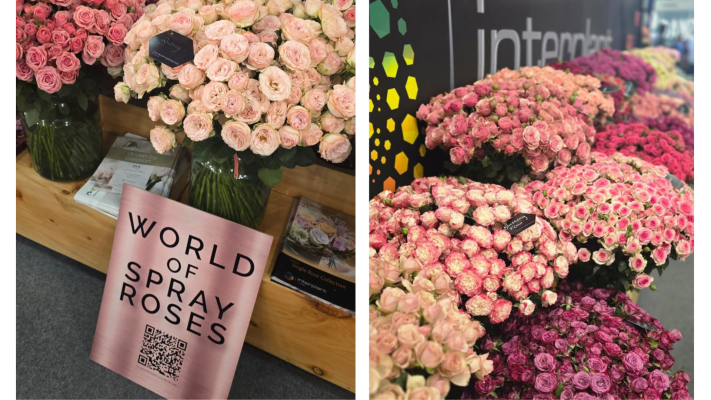
The Interplant Roses BV stand — shared with World of Spray Roses — was a total showstopper. Our floral friend Floey and her team worked their magic, creating a dreamy display where the roses really spoke for themselves.
It was a lush celebration of spray rose varieties, colour, and shape — everything we love.
Isinya: Roses Meet Jungle Vibes
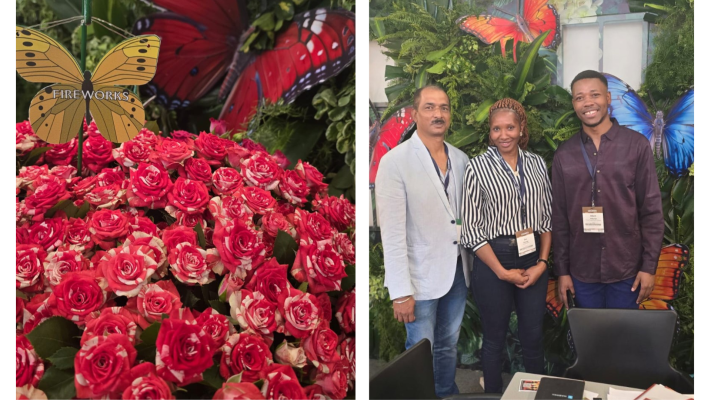
Around the corner, isinya roses company drew us in with their jungle-themed stand (complete with butterflies in the logo — can you get more romantic?). Their display was lush and leafy, with roses peeking out like exotic treasures.
Their fan-fave spray rose? Fireworks — cute, charming, and totally dreamy.
Black Tulip & Fontana: Lion Kings of the Show
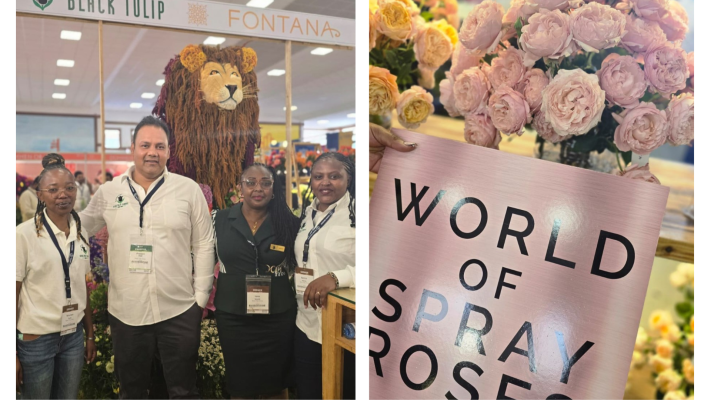
You couldn’t miss this one. With shelves of roses lining the edge and a massive lion made entirely of flowers at the centre (yes, really), the Black Tulip Flowers LLC / Fontana stand was a must-see.
It took four hours to craft that lion, and the result was roaringly good. We talked about spray roses and trends, and confirmed what we suspected — demand is soaring, especially for premium varieties like the Julietta’s, a hit in Eastern Europe.
Sian Flowers: Safari Chic and Award-Winning
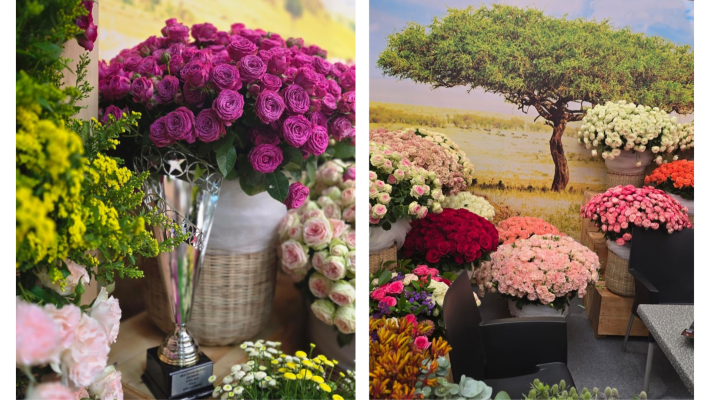
Sian Flowers™ stayed true to their roots with a safari-themed stand, taking home the award for Best Stand Design (and rightly so!). The savannah aesthetic was effortlessly cool, with floral details woven into every corner.
A big win for style, substance, and spray roses.
Roseto Ltd: Black, Gold & Bold Blooms
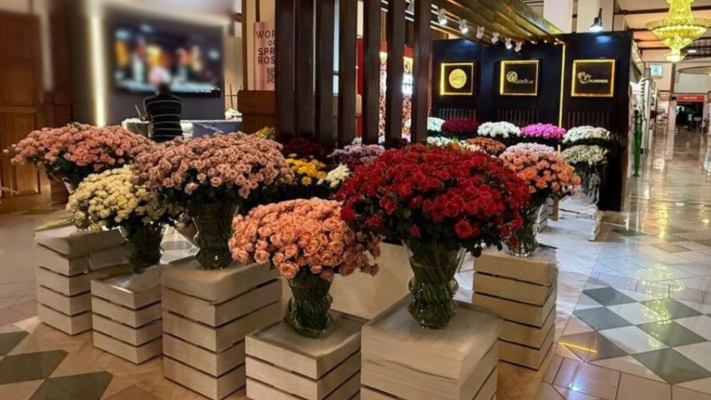
Tucked away in Hall G, Roseto Ltd turned heads with their sleek black and gold branding — a seriously luxe look that made their spray roses pop like never before. Set against dark wood cabinetry, the whole setup had that boutique-chic feel that stopped us in our tracks.
We caught up with Prateek, the Commercial Manager from the Megaspin Group, who’s no stranger to impossible questions… So naturally, we asked him to pick a favourite spray rose. Without hesitation, he went with the Julietta collection — a choice we totally get. Elegant, versatile, and always in demand.
Groove (Fresh Exchange): Secret Star Interview

We tracked down the elusive Mark from Groove Flowers (yes, we finally got him!) at the Fresh Exchange stand. Groove only grows spray roses at their Naivasha farm — a bold move that we seriously respect.
His favourite spray rose? Without hesitation: Ella. Great taste, Mark. We’ve got an interview coming soon with Fresh Exchange, so keep your eyes peeled for more juicy details.
Mzurrie: Cool Cars and Cooler Roses

Always effortlessly cool, Mzurrie Flowers turned heads with their sleek stand design, featuring two cars and their iconic wreath logo front and centre. We didn’t manage to catch the team (they were always with clients — love to see it!), but their display spoke volumes.
Subati: A Floral Hideout

Subati brought back their signature floral hideaway with an open, welcoming twist this year. The natural textures and cascading roses created a peaceful pause in the middle of the madness.
Every time we dropped by, they were too busy chatting with clients to stop. Honestly, that’s the best kind of “too busy”.
Karen Roses: Cool, Chic & Rose-Ready
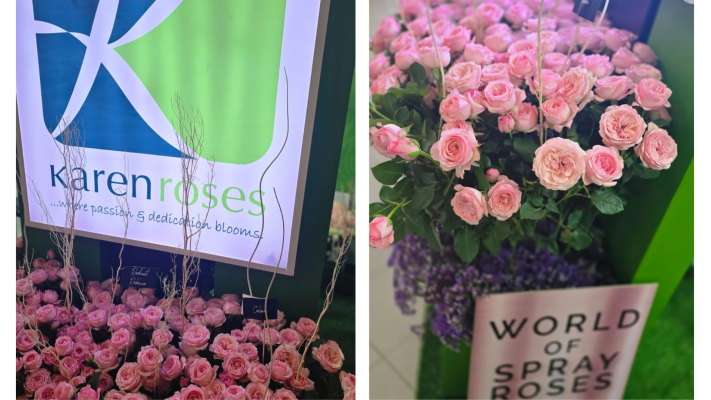
Karen Roses found the perfect corner spot, just next to a meeting room — a clever bit of location strategy! Their stand was chic and contemporary, with a glowing logo and elegant displays of their spray roses (of course, proudly featuring the World of Spray Roses emblem).
The vibe? Sleek, soft, and seriously stylish.
Tambuzi: Romance in Full Bloom
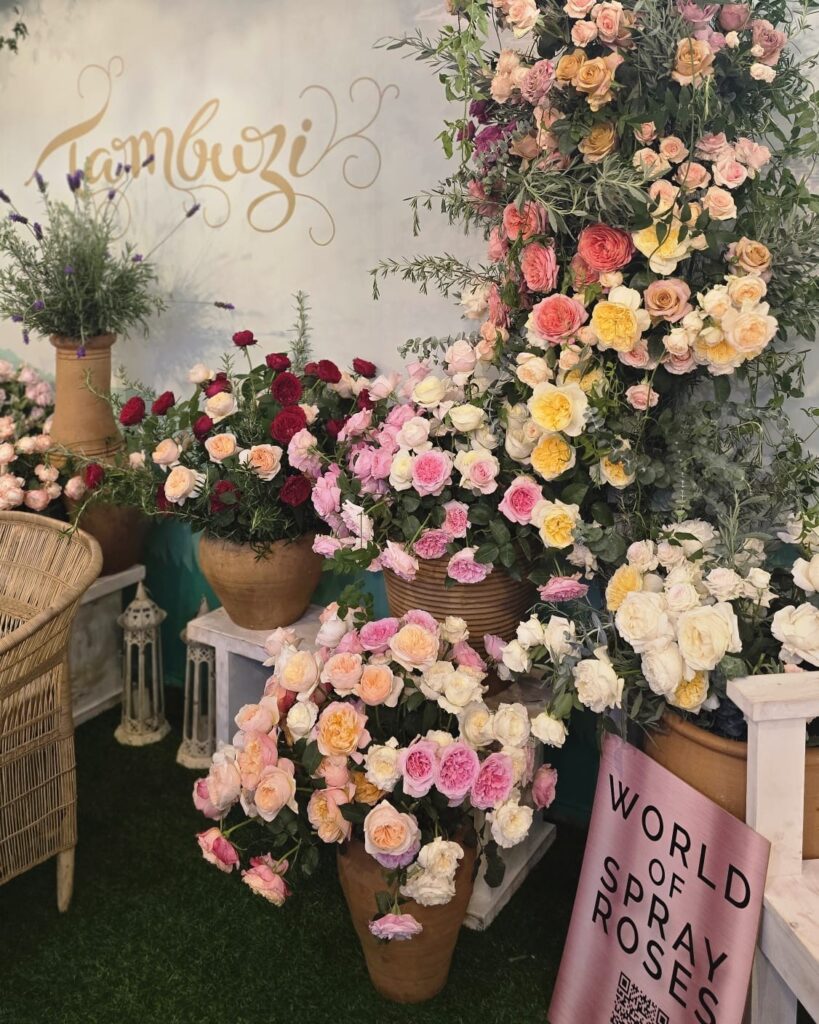
Our final stop was Tambuzi, where the theme this year was the Tambuzi Scented Garden — and it was pure romance. Their garden-style setup featured classic roses alongside their spray rose collection, all nestled in charming pots.
We caught up with Sales Manager Daniel, and asked the impossible: What’s your favourite spray rose? He struggled (who wouldn’t?), but in the end, he picked Hawi. Excellent choice, if we may say so.
Wrapping Up the Walk
IFTEX 2025 was full of energy, innovation, and endless inspiration — and seeing so many World of Spray Roses farms shining bright made our hearts bloom a little bigger.
We’ve taken you on a whirlwind tour, but this only scratches the surface of the talent, passion, and creativity on display. Whether you’re a florist, designer, or just a die-hard spray rose fan, we hope you’re as inspired as we are.
Until next year, Nairobi!
Source: World of Spray Roses
IFTEX 2025 Showcased Record-Breaking International Floriculture Success
Published: June 17, 2025
The Kenyan fair offered a showcase of the floriculture industry’s promising future, and highlighted sustainable practices and innovations.
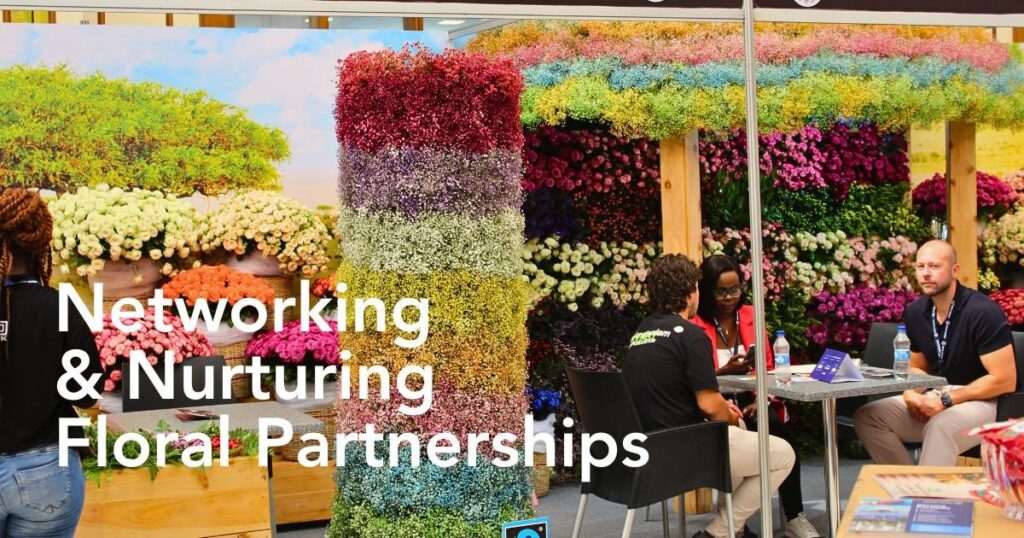
Kenya’s floriculture industry soared to new heights this past week as the International Flower Trade Exhibition (IFTEX) 2025 took place and concluded with practically unmatched success at the Visa Oshwal Center in Nairobi. The three-day event, running from June 3rd to 5th, welcomed a record number of visitors (pre-registration was already 25% higher than last year), more exhibitors (in total 189 from 18 different countries around the world), strengthening Kenya’s position as a global leader in flower production and trade.
Industry professionals, growers, suppliers, logistics players, buyers, florists, flower lovers, and general enthusiasts converged in an atmosphere that was nothing short of a celebration of floriculture growth and innovation, showcasing the promising future of the floriculture industry while highlighting sustainable practices and cutting-edge technologies, and novel varieties that continue to delight markets.
A Spectacular Opening Set the Tone
The exhibition opened with exceptional splendor as Kenya’s Cabinet Secretary for Agriculture, Mutahi Kagwe, who was the chief guest, emphasized the Kenyan government’s firm commitment to supporting the floriculture sector. His presence highlighted the strategic importance of flower exports to Kenya’s economy and the international flower trade, as well as the nation’s dedication to maintaining its competitive edge in global flower markets.
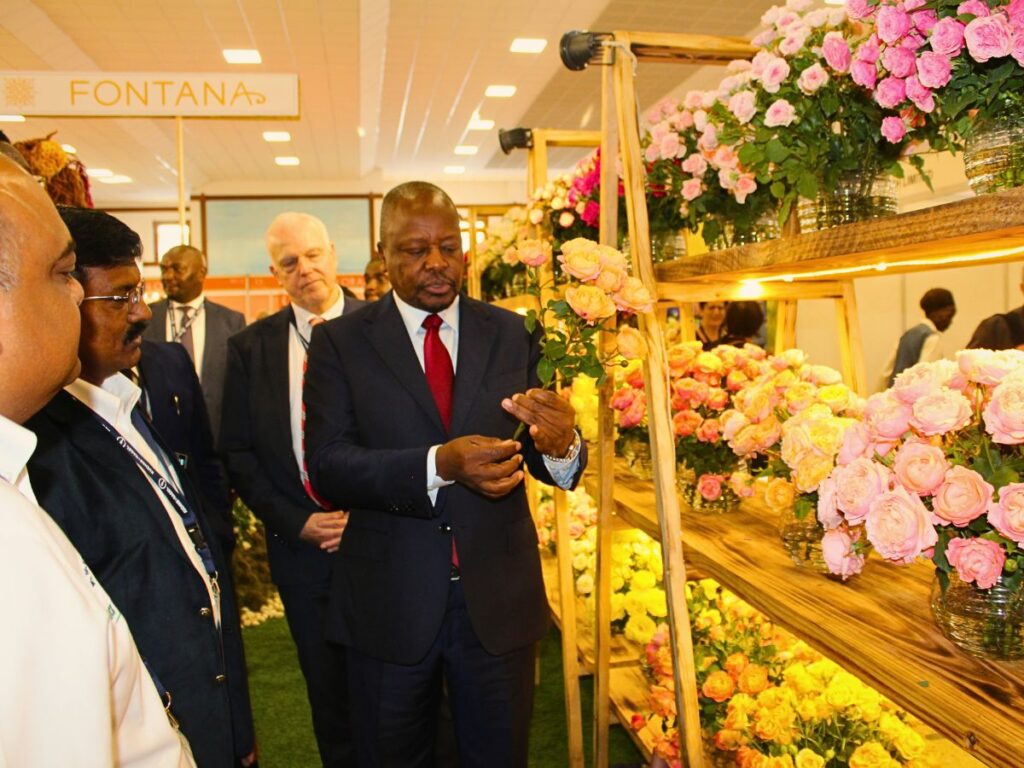
The opening ceremony drew hundreds of international delegates, with many noting the expanded scale and enhanced presentation compared to previous years. The enthusiasm was even more vivid as exhibitors unveiled their latest innovations and varieties, setting the stage for three days of intensive networking, creating partnerships, knowledge sharing, and business development.
Record Participation Reflected Floriculture Industry Growth
This year’s IFTEX demonstrated the outstanding growth trajectory of Kenya’s floriculture industry, with participation levels exceeding all previous editions. The increased presence of international buyers, particularly from Europe, the Middle East, and North America, and elsewhere, highlighted the growing global confidence in Kenyan flower quality and reliability.
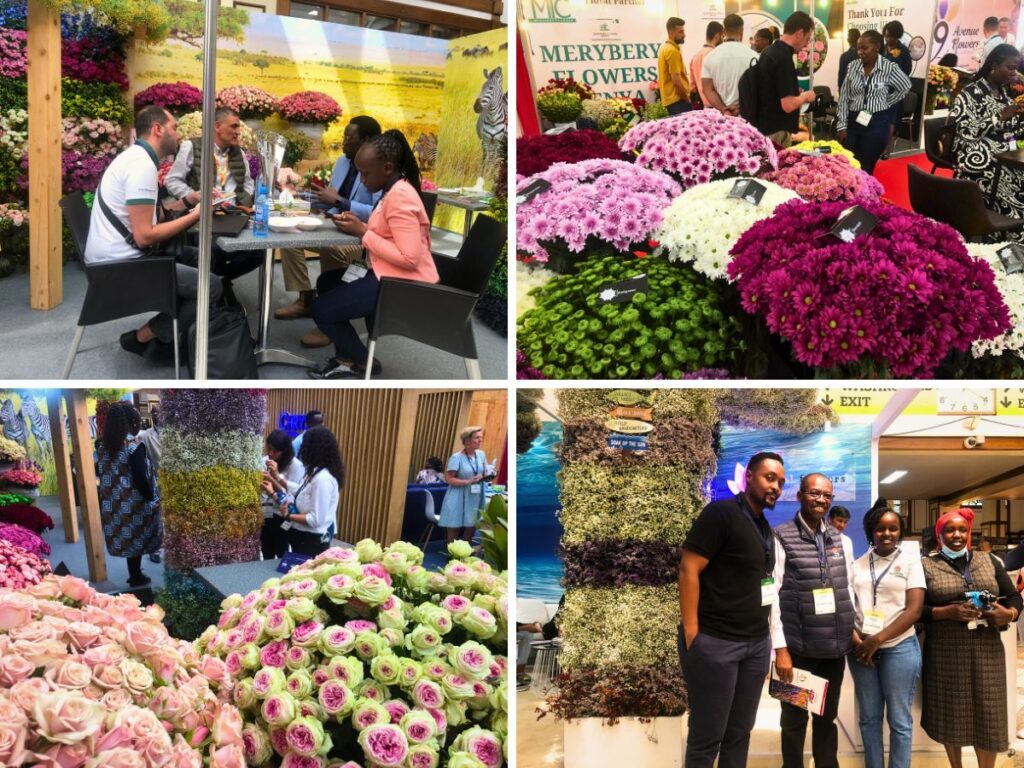
The response this year, according to participants, was therefore overwhelming, with some who had never visited Kenya before being thrilled by the whole showcase and experience. Still, the quality standards on display were truly world-class, corroborating the impression that Kenyan floriculture is headed towards new levels of sophistication.
The growth was evident not just in numbers but in the diversity of participants, with new companies joining established industry leaders, creating a dynamic environment for innovation and collaboration. Breeders, growers, suppliers, and just visitors all hailed the great strides that the event has made over the years, and the potential that this implies for the flower industry.
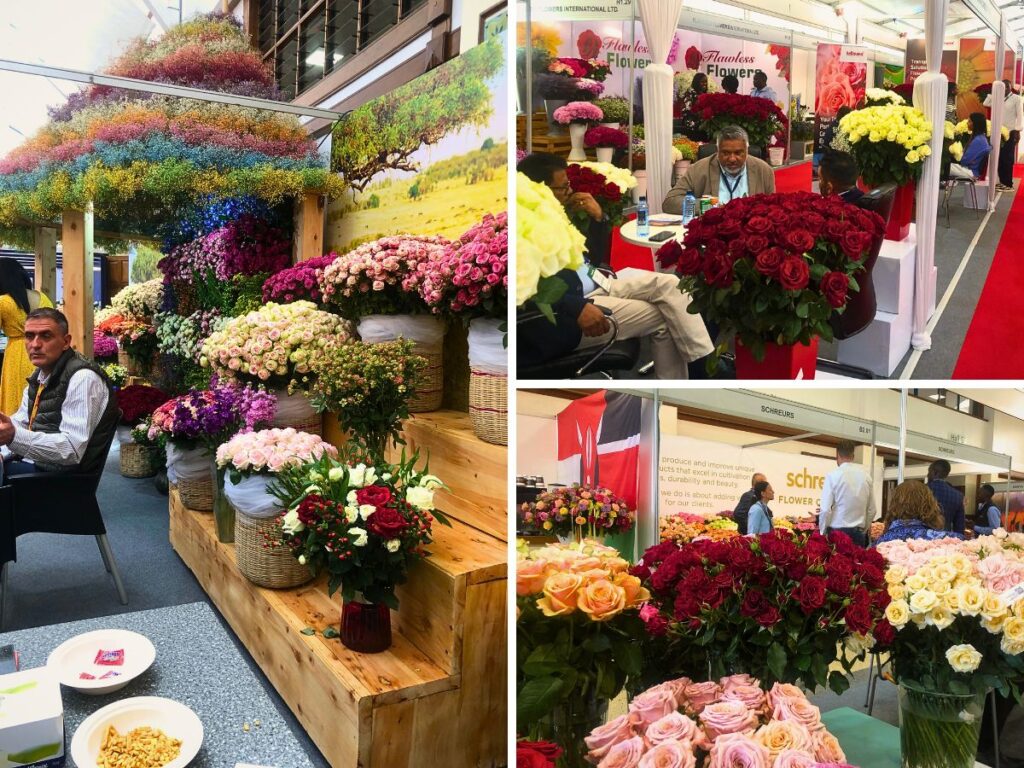
Industry Players Showcased Innovation and Growth
The exhibition presented a platform for both established companies and newer ones in the industry to demonstrate their continued development and innovation. And they did not disappoint. Local, regional, and international players all prominently featured in the event, contributing to the success of this year’s fair. Breeders De Ruiter, United Selections, Interplant Roses, Viking Roses, Schreurs, Select Breeding, Danziger, Nirp International, Ball Horticultural Company, Könst Alstroemeria, Dümmen Orange, HilverdaFlorist’s Murara Plants, Meilland, Icon Selections, Takii, Georges Delbard, and others featured, showcasing both their new and earlier varieties.
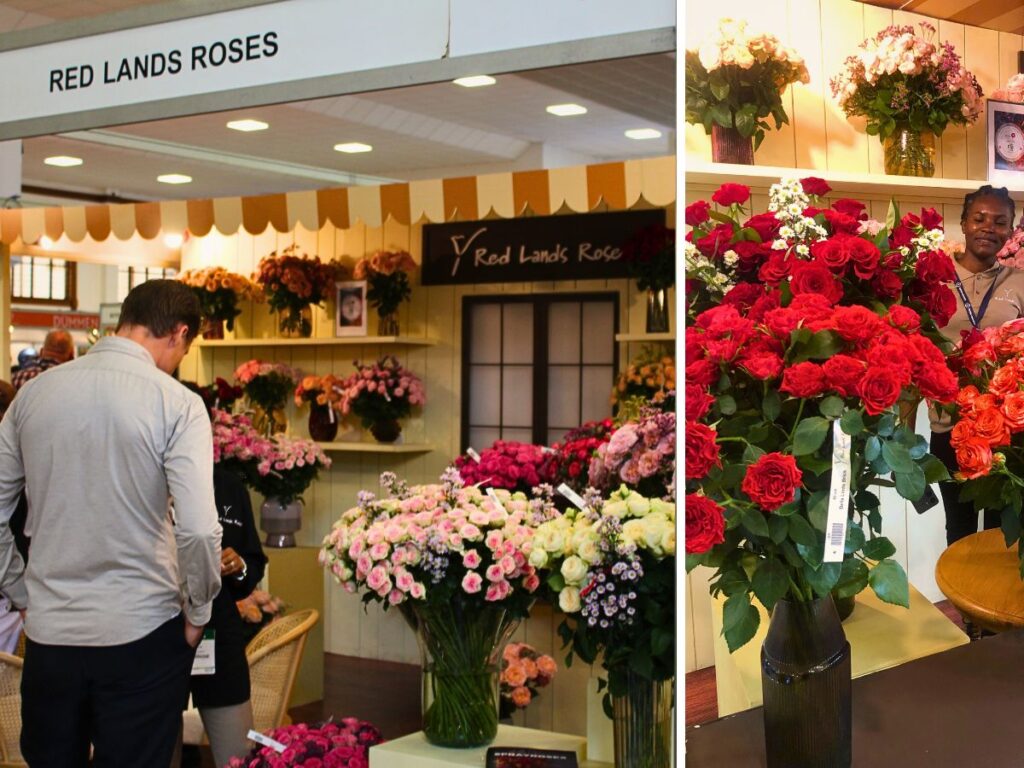
On the other hand, growers like Sian Flowers, Subati Group, Red Lands Roses, Tambuzi Roses, Karen Roses, Uhuru Flowers, P.J. Dave Flowers Group, Porini Flowers, Black Tulip Group / Fontana, Omang & Amor, Shalimar Fresh, Mzurrie Group, Mount Elgon Orchards, Ole Engai Growers, Lenana Flowers, Kikwetu Flowers, Exceptional Africalla, Imani Flowers, Everflora, Baraka Roses, Rosetto, Isinya Roses, and many others took part too, with their novelties. There were also leading suppliers, logistics players, and consolidators like Royal FloraHolland, Chrysal, FlowerWatch, Wafex, Octoflor, and Airflo.
Premium Varieties Took Center Stage
De Ruiter, for instance, thrilled those who attended the fair with their varieties, which included notable reds like the ever-popular Rose Ever Red®, Revolution®, Red Calypso®, Furiosa®, Rhodos®, and numerous others. The breeder, known for their unique roses (flowers) in practically all colors, keeps positioning itself as the reliable leader in premium roses.
For United Selections (partnering with Könst Alstroemeria and Icon Selections), the show was a total success, according to Elvis Musyoka, who is the breeder’s Sales Manager.
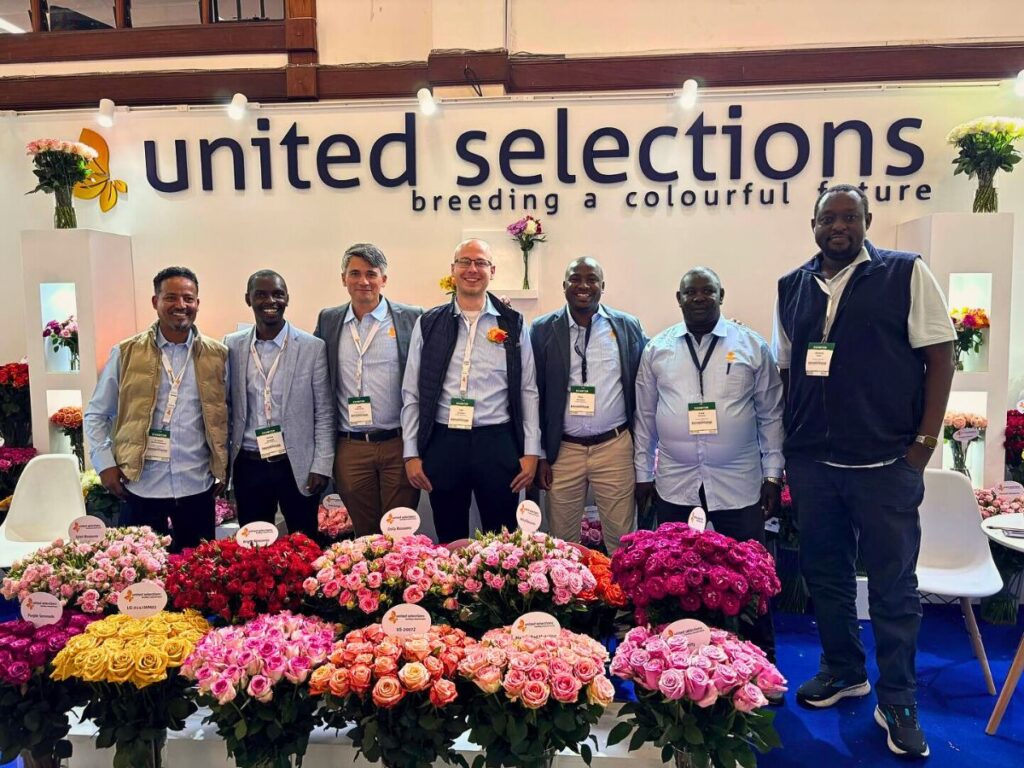
“Post-COVID-19, this year’s IFTEX exhibition has thus far been the best for us. We had many buyers and inquiries for our flowers, which is a positive indicator that the industry is growing stronger and better.” —Elvis Musyoka.
The Nakuru-based breeder showcased several highlight varieties, including Rose Hot Wave, a new hot-pink standard variety which attracted quite significant attention, alongside Rose Nova Vita, Rose Rise & Shine, and Rose Juicy. Others included their blossoms: Spray Rose Misty Charm Blossoms, Space Blossoms, and Snowy Blossoms, alongside Chrysanthemum breeder, Icon Selections’ varieties of Santini, disbud, and spray Chrysanthemums. Their lineup was completed by a whole range of Alstroemeria varieties. One particular variety, Alstroemeria Debby—a very soft pink variety with blooms that open beautifully and delicately—seemed to catch the attention of many who attended.
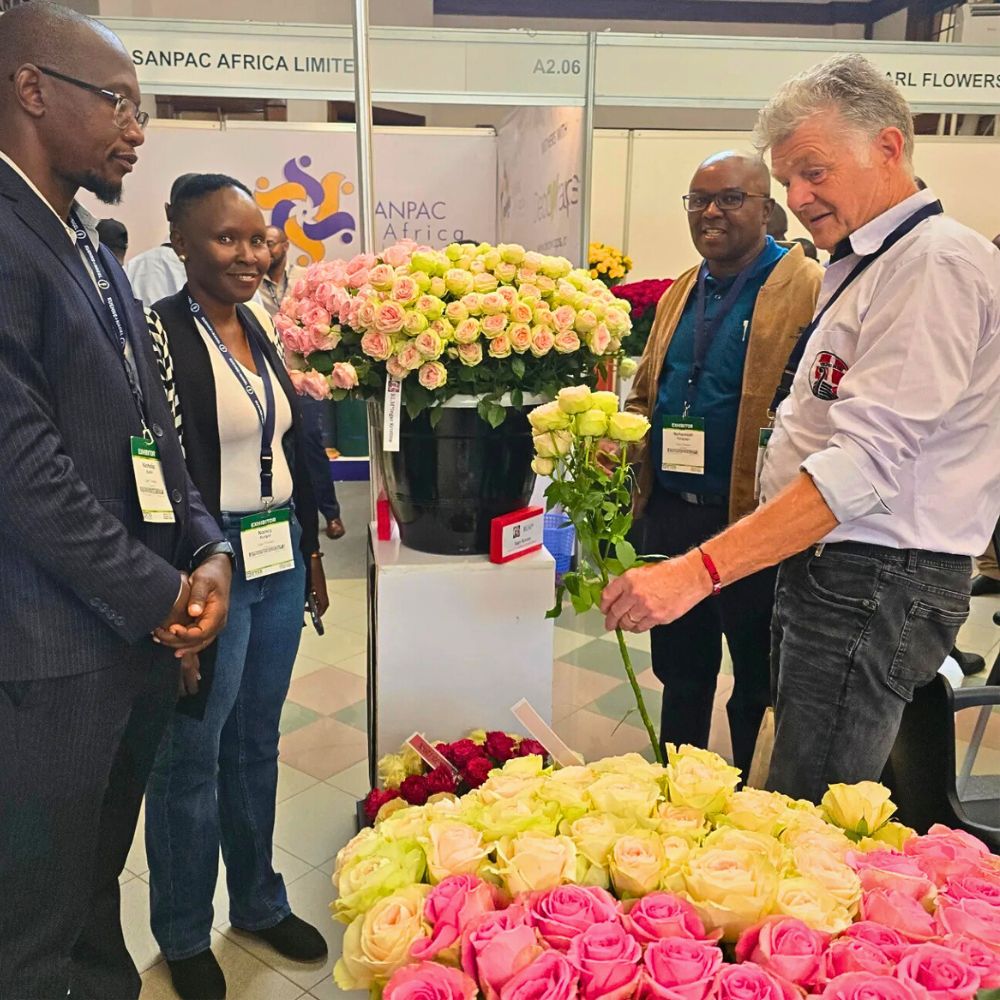
Viking Roses also generated excitement with their Rosa Loves Me® Radiant Rebecca, a beautiful garden-like spray rose, with a perfect pink shade and huge buds opening so graciously. This rose attracted quite special attention following its successful introduction. Plus, this breeder’s methodical approach to variety introduction and their ingenuity positions them as an innovative force in the industry.
Other industry representatives also made significant strides, which guaranteed the event’s success, as noted by Bravisa Shah of Ole Engai Growers, who held that this year’s IFTEX has exceeded their expectations in terms of visitor engagement and business opportunities.
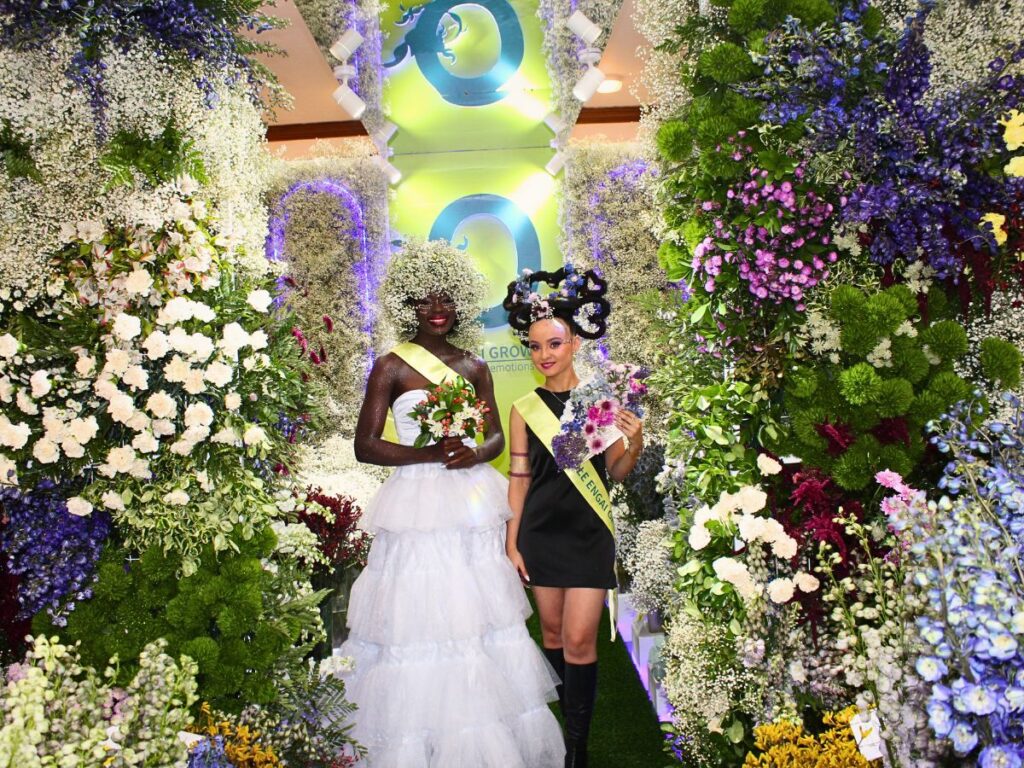
“The quality of interactions and the serious intent of buyers demonstrate the maturity of our industry.” —Bravisa Shah
Bas van Mourik, CEO of Van Helvoort Company (Van Helvoort Kenya Ltd), also emphasized the importance of the fair and the collaborative relationships that such floral trade exhibitions nurture. He noted that all that takes place at events like IFTEX represents the future of international floriculture cooperation, combining traditional knowledge with innovative techniques to meet global market demands.
Sustainability (and Social Responsibility) in Focus
A notable theme throughout IFTEX 2025 was the emphasis on sustainable practices (and social responsibility). Many exhibitors highlighted their environmental initiatives and community development programs, reflecting the industry’s obligation to ensure responsible and sustainable growth. The exhibition, therefore, provided the perfect platform to show international buyers that Kenyan flowers are not only beautiful but are also produced with the highest environmental and social standards.
This was emphasized by the presence of both the Kenya Flower Council (KFC), the Ethiopian Horticulture Producer Exporters Association (EHPEA), and MPS, who have been keen on the sustainability aspect of flower production within the general floriculture industry. Arthij van der Veer of MPS, for instance, noted that they were keen not only on the FSI compliance but also on their other products and services, including the FloriPEFCR-compliant HortiFootprint Calculator, as well as how data insights can help support a more sustainable floriculture sector.
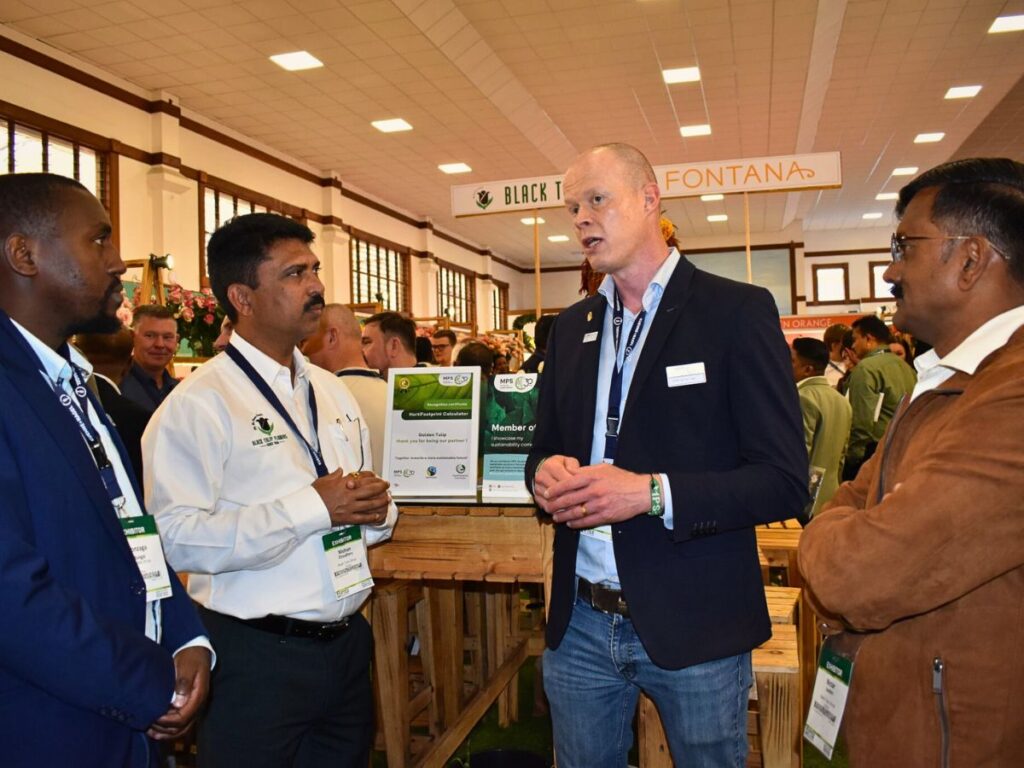
A Successful IFTEX Means a Flourishing Floriculture Future
As the 2025 IFTEX came to a close, the consensus among participants was overwhelmingly positive. The record attendance, increased local, regional, and international participation, and strong business outcomes signal a bright future for Kenya’s (and global) floriculture industry. The exhibition demonstrated that the Kenyan floriculture industry continues to set global standards for quality, innovation, and sustainability.
The success of IFTEX 2025 also reinforces Kenya’s position as a world leader in flower production and export, while the record participation levels indicate growing international confidence in the sector’s prospects. With sustained investment in sustainable practices, innovative varieties, and strong international partnerships, Kenya’s floriculture industry appears well-positioned to maintain its competitive edge in global markets. You can look forward to the next IFTEX exhibition, which will, without a doubt, be much bigger and better as the industry keeps growing.
Source: Thursd.
The Continued Success of IFTEX Shows the Sustained Growth of Kenya’s Flower Industry
Published: May 19, 2025
The floral fair continues to see a remarkable growth in the number of registered exhibitors, as well as visitors
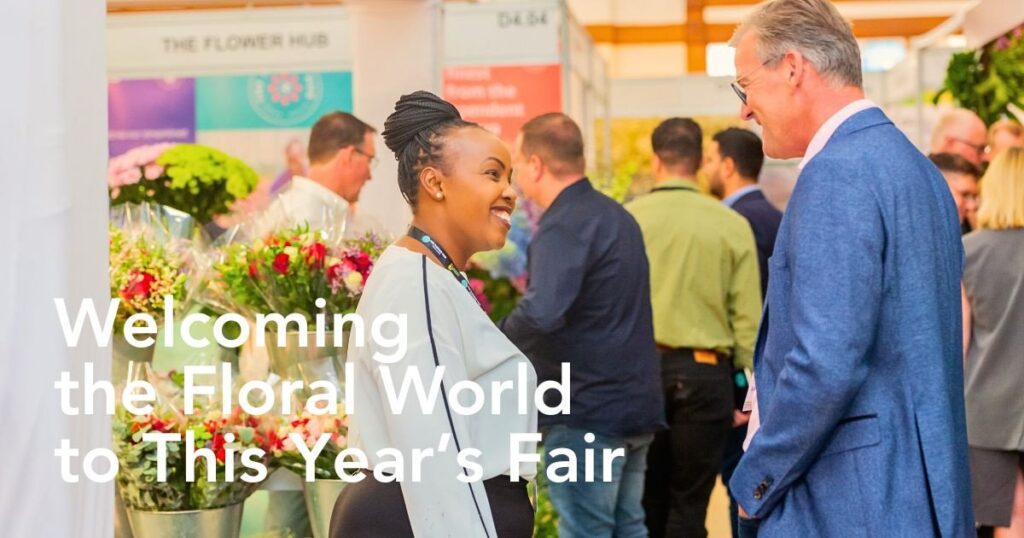
“The International Flower Trade Exhibition (IFTEX) has come a long way, and it just keeps growing bigger and getting better.” Such were the words of the floral trade fair’s organizer HPP Exhibitions’ CEO Dick Van Raamsdonk when he announced the upcoming 12th edition of IFTEX which runs from June 3-5, 2025 at the Visa Oshwal Center, along Ring Road in Parklands, Nairobi.
A professional event that goes hand in hand with an equally professional industry, this year’s IFTEX, as Dick noted, has seen a remarkable growth in the number of registered exhibitors, with more than 200 expected to attend the 2025 edition. Many more are still expected to join before the event kicks off. This, by all indications, is a sign of sustained growth in the flower industry.
More and More Growers Joining the Kenyan Floriculture Industry
More growers are coming into the Kenyan floriculture space. That is the logical explanation for the growth of the industry, as demonstrated by the increase in the number of new entrants into this year’s event. This, according to Dick, shows just how much the flower trade in Kenya is fast developing; showing a rejuvenated vigor, despite the apparent hiccups that, just like any other industry, it faces.
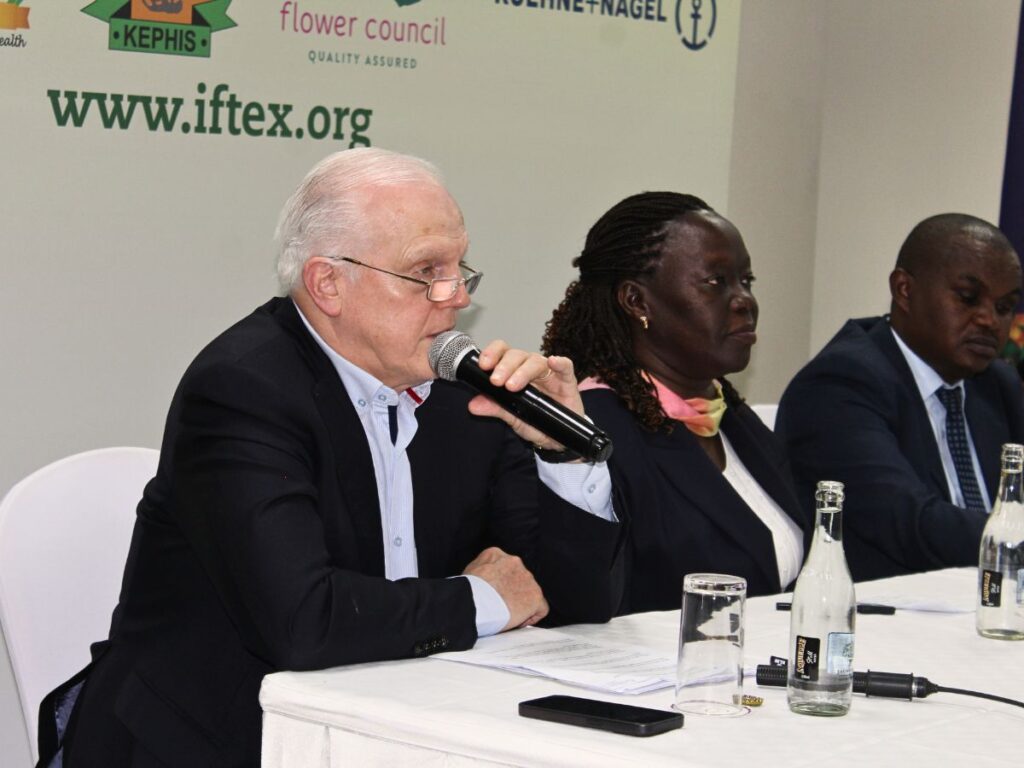
“It is apparent that there are many new exhibitors—mainly growers—who have registered to participate in this year’s event. This means many new growers are stepping into the floriculture space in Kenya. Yes, the flower sector is sensitive. It takes the best to make it and succeed. And the fact that we have more growers joining it shows the resilience of the Kenyan flower industry even after the COVID-19 hiccup. This year, even the number of visitors and buyers is expected to grow (by at least 20%).” – Dick Van Raamsdonk.
While challenges like freight capacities and costs, as well as import terms, have been key issues affecting it, the flower industry in this East African country, known to be the leading floriculture destination continentally and among the top five globally, has continued to see great revival, accompanied by a revitalization.
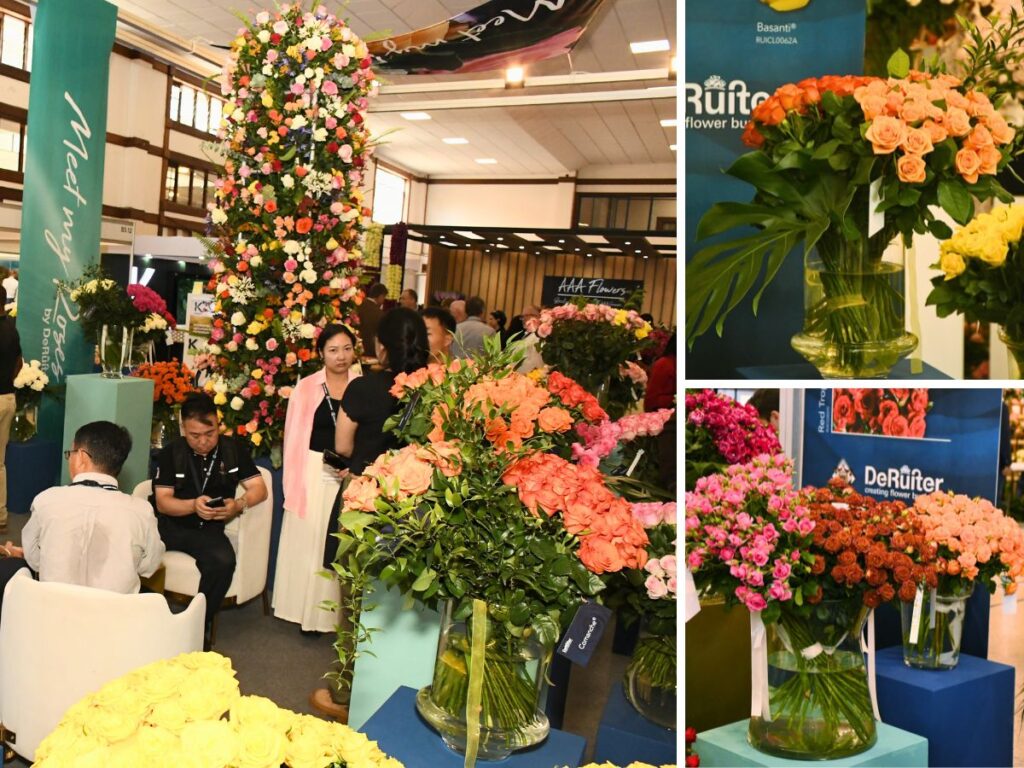
With breeders like De Ruiter, United Selections, Jan Spek Rozen, Kordes Rosen, Georges Delbard, Select Breeding, Meilland, Interplant Roses, Viking Roses, Nirp International, and others already established in the country, alongside the likes of Florensis, Royal Van Zanten, Ball Horticultural Company, Könst Alstroemeria, Dümmen Orange, Schreurs, Icon Selections, Danziger, and HilverdaFlorist’s Murara Plants, as well as growers like Sian Flowers, Subati Group, Red Lands Roses, XFlora Group, Shalimar Fresh, Primarosa, Heritage Flowers, Tambuzi Roses, Karen Roses, Uhuru Flowers, Rosetto, Isinya Roses, PJ Dave Flowers Group, Florenza, Exceptional Africalla, Flora Delight, Kikwetu Flowers, Everflora, Imani Flowers, Prime Flora Ltd, Vegpro, Black Tulip Group, Credible Blooms, Sierra, Lenana Flowers, Mount Elgon Orchards, and hundreds of many others, the flower industry in Kenya is experiencing quite a period. Yet, as many more players continue to step in every other day, the renaissance is quite unlike any other.
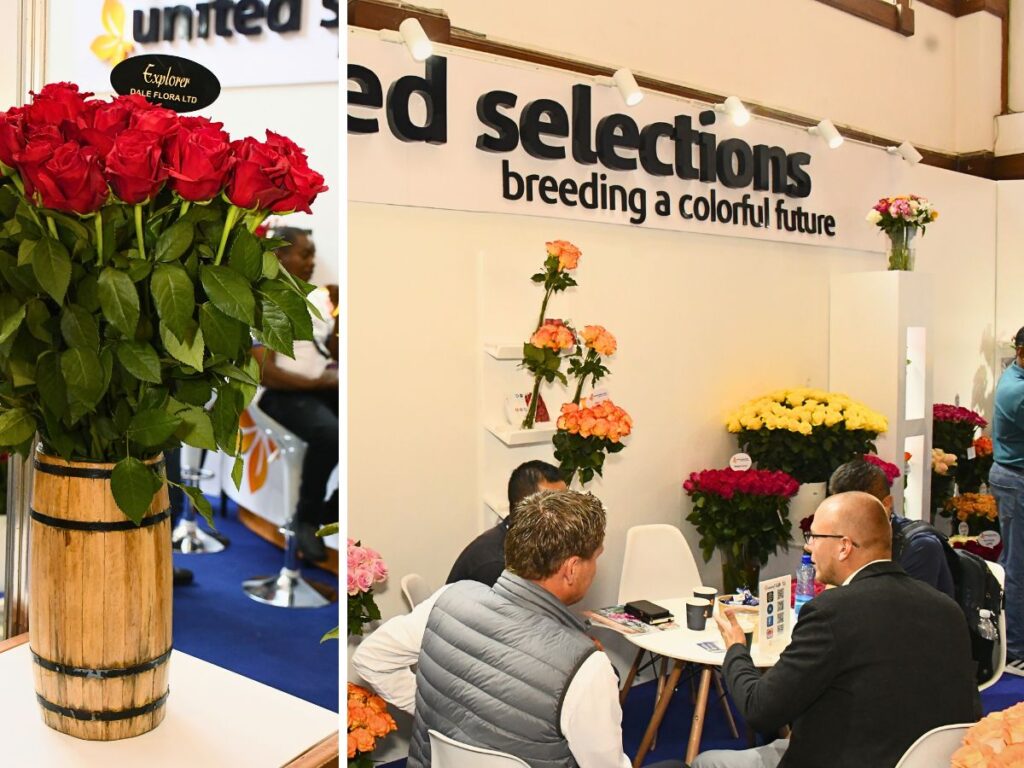
A Key Industry for Kenya’s Economy
The horticulture industry is really important for Kenya as a country. The flower sector leads in this course. This sector has continued to be a key source of employment and economic development. Flowers, according to Christine Chesaro, the Director of Kenya’s Horticultural Crops Directorate (HCD), essentially remain the most key commodity within the horticulture industry in Kenya. She emphasized this during the announcement of this year’s IFTEX, reiterating that Kenya is globally well known for its vibrant floriculture.
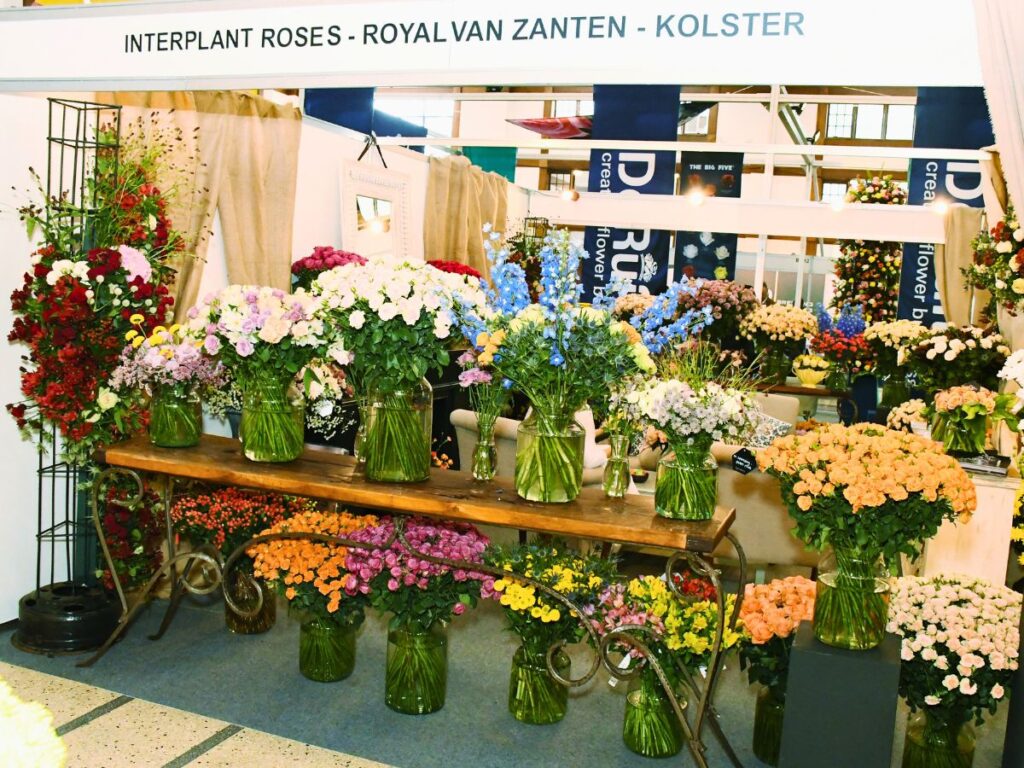
Taking up 47% of Kenyan flowers, the Netherlands still maintains the lead in Kenya’s flowers market, with the UK, Germany, the Middle East, and Eastern Europe alongside others emerging, presenting increased market opportunities for the country’s flowers. With this in mind, the country is, on its part, doing all required to ensure it reliably supplies the flowers needed in the required quality and quantities to these markets.
Dr. Isaac Macharia, a principal inspector, plant pathologist, and the General Manager of Phytosanitary Services at the Kenya Plant Health Inspectorate Service (KEPHIS), reiterated this. He also mentioned that the importance of the flower industry in Kenya, and elsewhere globally, can hardly be overemphasized. And that, for him, has been the reason they have been putting in all the effort to guarantee the best flowers come out of the country, to the markets anywhere globally. Basically, the relevant institutions have in place a systematic approach and strategies to safeguard this.
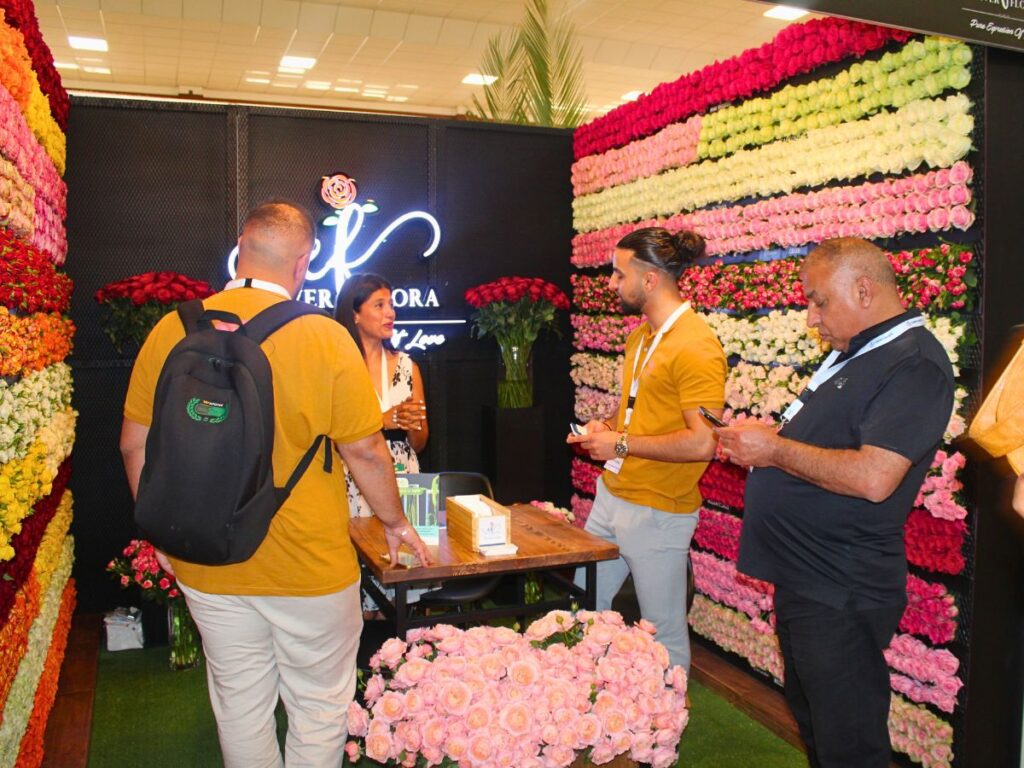
Sustainability Is Still a Key Theme for the Industry
Sustainability remains a key topic for the flower industry, not just in Kenya, but globally. The Kenya Flower Council (KFC), according to Catherine Mukoko, the Chief Operations Officer, is keen on the sustainability aspect of Kenyan flowers. For an industry that supports hundreds of thousands of jobs and the livelihoods of even more people, the sustainability element of the flower industry in Kenya can, therefore, never be overlooked. Such is why the KFC’s Flowers and Ornamental Sustainability Standard (F.O.S.S.), also known as KFC Silver, is an important certification for the flower industry.
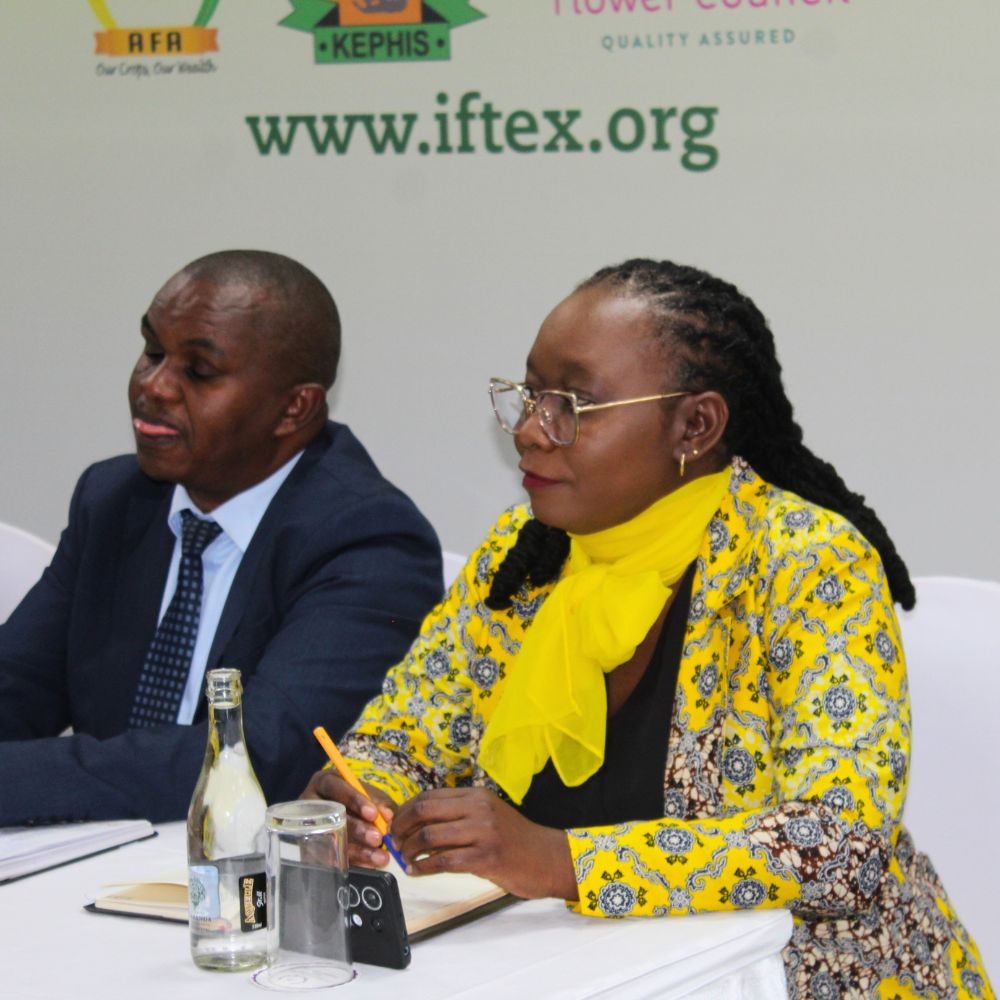
“In Kenya’s flower sector, KFC supports a globally competitive, sustainable, and inclusive industry. This is why sustainability will, just like in previous years, remain a key topic for KFC during this edition of the IFTEX as well.” – Catherine Mukoko.
Among the key focus areas for KFC at this year’s floriculture trade fair will be to showcase the all-inclusive sustainability element within the Kenyan flower industry. Of course, other themes will also be incorporated: innovation and technology are both emerging trends that the flower industry in Kenya can highly benefit from if comprehensively leveraged. At the floral trade fair, KFC will, according to Catherine, be taking part in several important discussions that touch on sustainability alongside these other key topics.
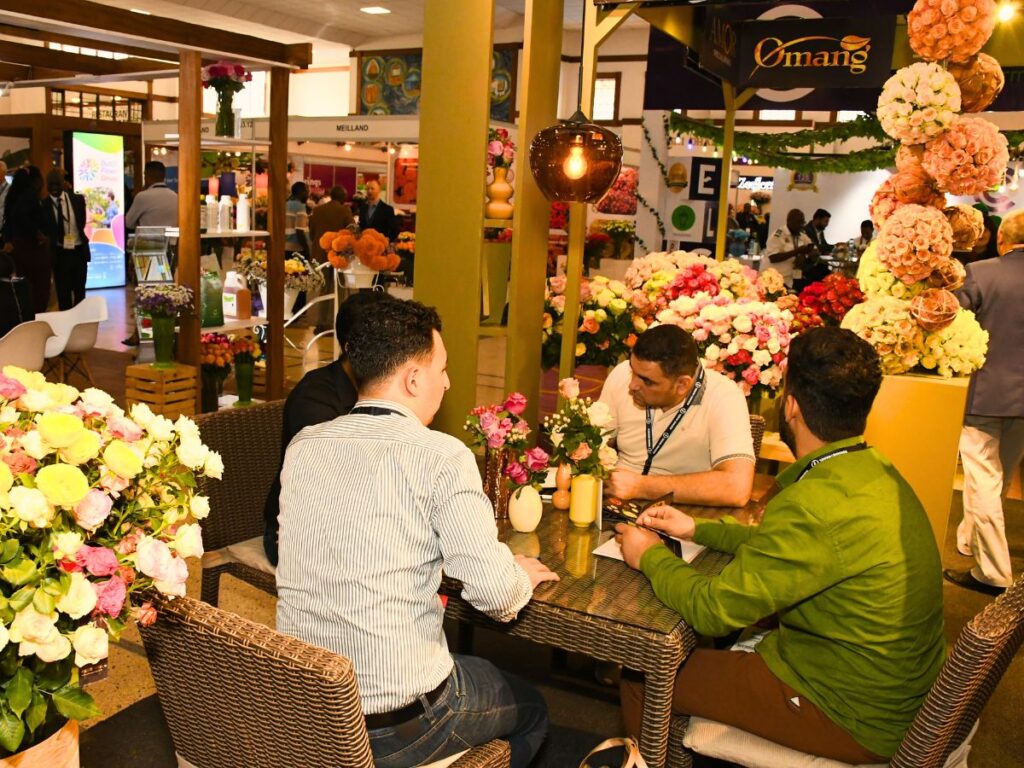
An Opportunity That Cannot Be Missed
With the convenient platform to interact with different breeders, growers, logistics handlers, wholesalers, retailers, and other buyers, IFTEX presents an opportunity that cannot be missed for anything. One just has to be there to experience firsthand all that the Kenyan—and global—flower industry has to offer as the East African country welcomes the flower world to its capital city.
Source: Thursd.
Nairobi to host International Floriculture Expo in June
Published: May 15, 2025
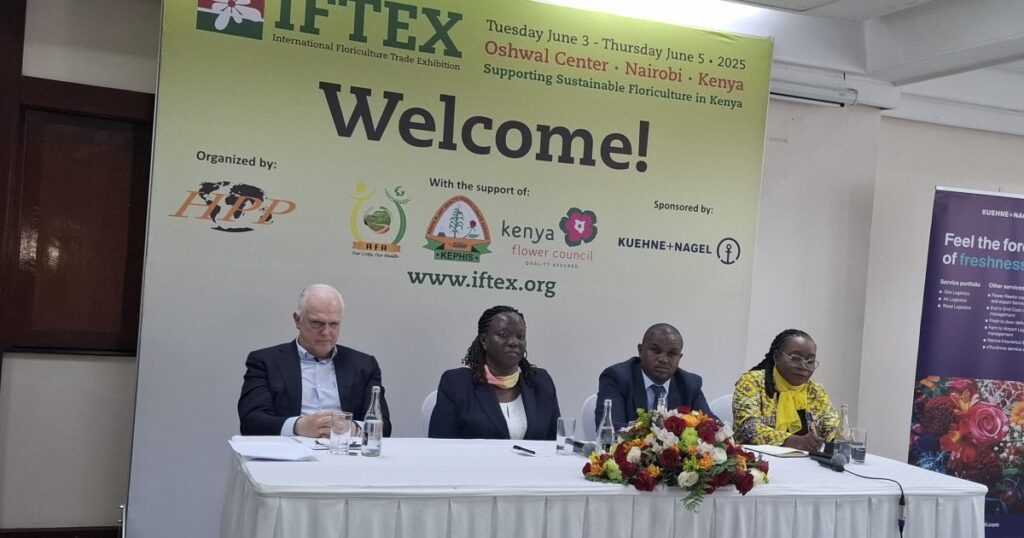
Kenya is known for the production of quality flowers and is among the top five globally producers and exporters of fresh cut flowers, especially roses at 70 percent.
In Africa, Kenya leads in both production and exports, with the main destination being Europe, mainly the Netherlands which takes up 47 percent of the flower exports while the UK and Germany takes 15 and 7 percent respectively and Middle East and Kazakhstan are among other emerging markets.
Speaking Wednesday during a media briefing on the upcoming International Floriculture Trade Expo (IFTEX) 2025, scheduled for the first week of June, Director of Horticultural Crops Directorate (HCD), Christine Chesaro, said that in 2024, the export earnings in total for horticulture were Sh136 billion and out of this, 53 per cent was from flowers.
Chesaro added that 17 per cent were from vegetables and 30 per cent were from fruits, and this shows that flowers were still the leading export value of all horticultural exports, thus playing a critical role in the economy of this country.
She acknowledged that the country still had challenges including effects of climate change, cost of production, logistical challenges and pests and diseases.
The director however noted that, following the adoption of the systems approach in April, 2025 which was a requirement of the European Union regulations in managing the False Code Moth (FCM) pest, it continues to export to the European Union a big plus for the country.
“The systems approach is proving to be very effective, a challenge that we are surmounting, which can only help us to increase our production and exports to Europe and to other parts of the world,” she said.
Furthermore, Chesaro noted that the government was very much aware of the issue of freight capacity and that there was a national horticulture standing committee that has been tasked to look into the challenges facing the horticulture sector in general and the flower sector in particular, and one of the key things is looking at how to address the issue of capacity for exports.
Through such trade promotions as the IFTEX 2025, the Chesaro said Kenyan exhibitors will not only be looking at an increase in the produce but also looking at the green light given on exports to Europe and will be able to increase their exports.
The Kenya Flower Council (KFC) Chief Operations Officer (COO), Catherine Mukoko, said, for instance, this year’s IFTEX comes at a critical moment for both the industry and the planet, with the global floriculture sector facing numerous challenges, from climate change and rising production costs to increased demand for sustainable practices and transparency in the supply chain.
Kenya, she added, is not immune to these challenges but has been setting and monitoring compliance with rigorous standards under the internationally benchmarked certification scheme, the KFC Flowers and Ornamentals Sustainability Standard (KFC FOSS), which covers environmental sustainability, social responsibility, and good agricultural practices.
“Through our strategic partnerships, both local and international, we continue to invest in knowledge transfer, capacity building, and market access for growers, especially smallholders,” she said.
Mukoko explained that one of the key focus areas at this year’s IFTEX will be showcasing sustainability as a means of creating market access for members by paying attention to the role of digital transformation in floriculture, from blockchain-enabled traceability and climate-smart agriculture to e-commerce solutions that link Kenyan flowers directly to consumers abroad.
General Manager of Phytosanitary Services at the Kenya Plant Health Inspectorate Service (KEPHIS), Isaac Macharia, said they want to increase investment in inspection of the flower produce before the same is exported in the external markets.
This he added, is geared towards ensuring high-quality flowers are locally produced and exported to the targeted markets.
“KEPHIS has intensified plans to facilitate online certification and has succeeded in registering all planting materials from external sources, and this has helped in curbing infected foreign materials from entering the local market,” he said.
Macharia called upon the international community to trust that they are going to get the best quality flowers since Kenya has put in place mechanisms to ensure they are able to check the flowers all the way from production to when the flowers leave and even when the flowers get to the market.
“We have also developed an online certification system that is accessible both locally and internationally, and this is where people can actually be able to request their documentation; they can request their inspection and their certifications,” he said.
He added that they were soon rolling out what the E-Phyto, where they will be going paperless, and by the time products leave the country, the particular document has been transmitted electronically to the international community, and they can actually be able to start the process,” Macharia said.
Macharia noted that they were also carrying out capacity building for the growers, ensuring they know exactly what was required of them to do their business, ensuring they know the market requirements, and also offering adequate inspections for the product before they leave the country.
International Flower Trade Exhibition (IFTEX) organizer Dick Raamsdonk said the trade fair for the international fresh flower industry focuses on attracting international flower buyers to attend and buy more flowers.
“Kenya is one of the five largest flower-producing nations in the world, and the trade fair will have over 200 exhibitors, which is 20 percent more registered visitors than last year’s number, and this shows that the industry has managed to maintain its position, even managing to grow, despite all these bubbles and enormous shortage of freight capacity,” Dick said.
Kenya is currently the fourth-largest exporter of cut flowers globally – and the number one exporter to Europe. But beyond the blooms lies an industry that sustains over 200,000 direct jobs, touches the lives of over 4 million Kenyans, and significantly contributes to the country’s foreign exchange earnings.
Next month’s 12th IFTEX Edition, which will take place at the Oshwal Center Nairobi from June 2nd to June 5th, will be a great moment to see the whole sector meeting and bringing Kenya’s flower industry to the next level, Dick said.
Source: Kenya News Agency
IFTEX Is All About Connecting the Entire Flower Industry
Published: May 1, 2025
A platform presenting an opportunity for all in the industry to engage and share insights on boosting this key trade.
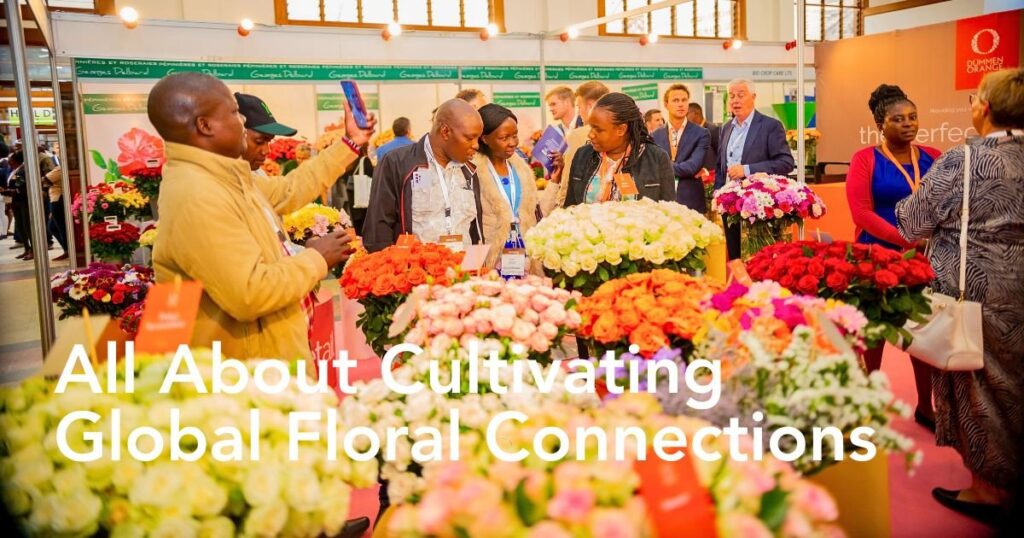
For more than ten years, the International Flower Trade Exhibition (IFTEX) has been—and continues to be—the premier and, perhaps, one of the most important events in the global floriculture and horticulture industries. Held annually in Nairobi, Kenya, IFTEX presents a dynamic platform for flower breeders, growers, exporters, importers, logistics, and virtually all other industry professionals to converge, collaborate, and celebrate the beauty of flowers.
This year is, certainly, no different! From June 3-5, 2025, this key international floral trade fair organized by HPP Exhibitions, will be taking place at the Oshwal Center in Nairobi, with the main intention of promoting flowers and chatting the way forward with regard to the latest developments in the floriculture industry, and the sustainability of the international cut flower industry. As always, it will also focus on the urgent need to address challenges affecting the industry in order to make a difference for the general floral sector.
Safeguarding the Sustainability and Well-Being of the Flower Industry
Notably, a unified and unequivocal message must be conveyed regarding the realities of cut flower cultivation and the sustainability issue. In recent times, the cut flower industry’s status appears at risk of muddling due to the absence of a collective response around specific issues, more so when it comes to the key issue of sustainability, which is often compounded by the proliferation of misinformation.
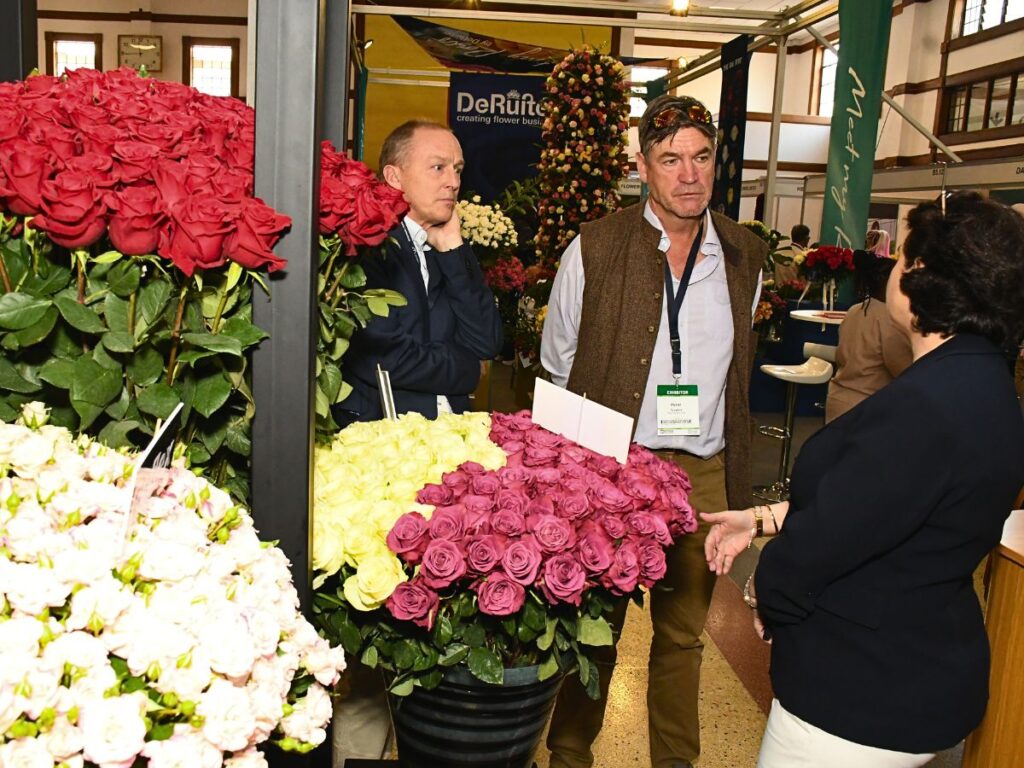
While a lot has already been done, the repercussions of this reputational challenge still need to be comprehensively and continually addressed, because there is a legitimate concern that if they are not, they may reach a critical point where it would be difficult for complete recovery—if not much is done to address the issue. As a result of that, what the global floriculture industry needs to do is to promptly rectify the issues, guaranteeing that the consumer is fully aware of the sustainability subject and how the industry is collectively addressing it by incorporating different mitigatory practices in their processes.
In view of that, IFTEX organizers, HPP Worldwide, who have more than 39 years of experience in organizing trade exhibitions all over the world, and have managed to successfully plan and implement more than 180 exhibitions across 35 countries, are playing an important role in safeguarding the well-being of this industry through their series of floral fairs.
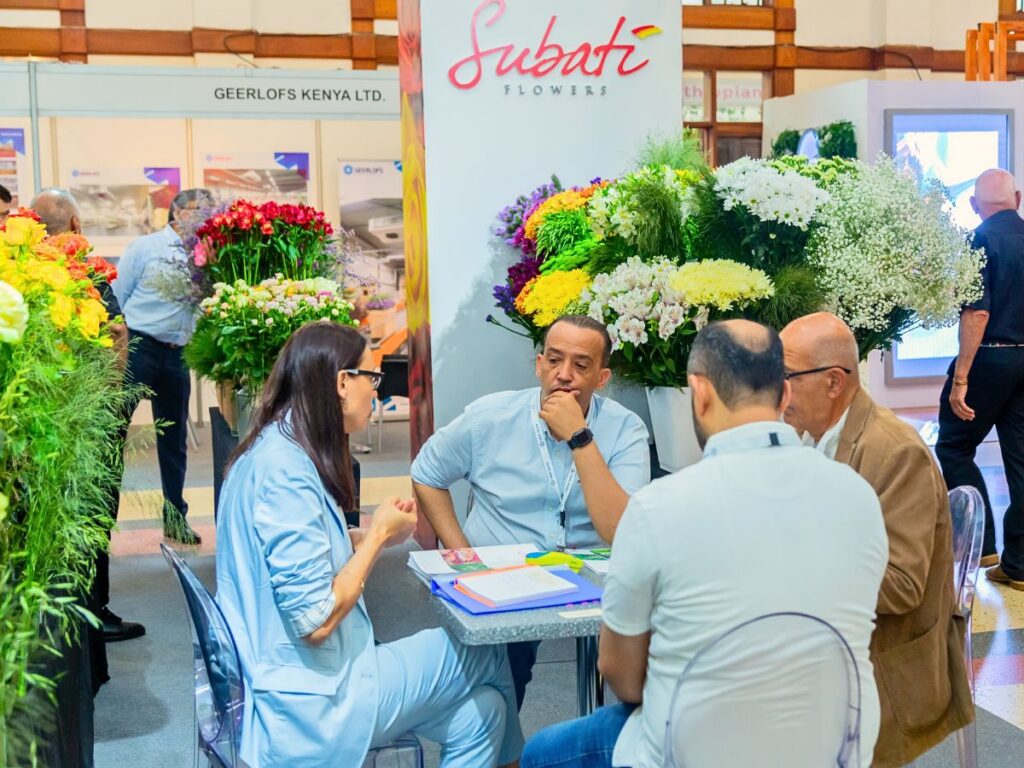
During the floriculture trade fair and conference, there will therefore be various discussions on different topics, and being the big topic that it currently is, the sustainability of the industry will definitely be highlighted in the different segments of the fair. This is, particularly, given that the East African country is, after all, a giant in flower production and has continued to show its dedication to enhancing the flower industry’s sustainability through different approaches, mainly spearheaded by the Kenya Flower Council (KFC)
There, Still, Is a Growing Imperative for Sustainable Floriculture Practices
The cut flower industry faces a critical challenge, particularly in the context of sustainability. There has been misrepresentation of this industry, especially around this topic, and a lack of collective action threatens its status. Basically, an absence of a unified response puts the industry’s future in a difficult position.
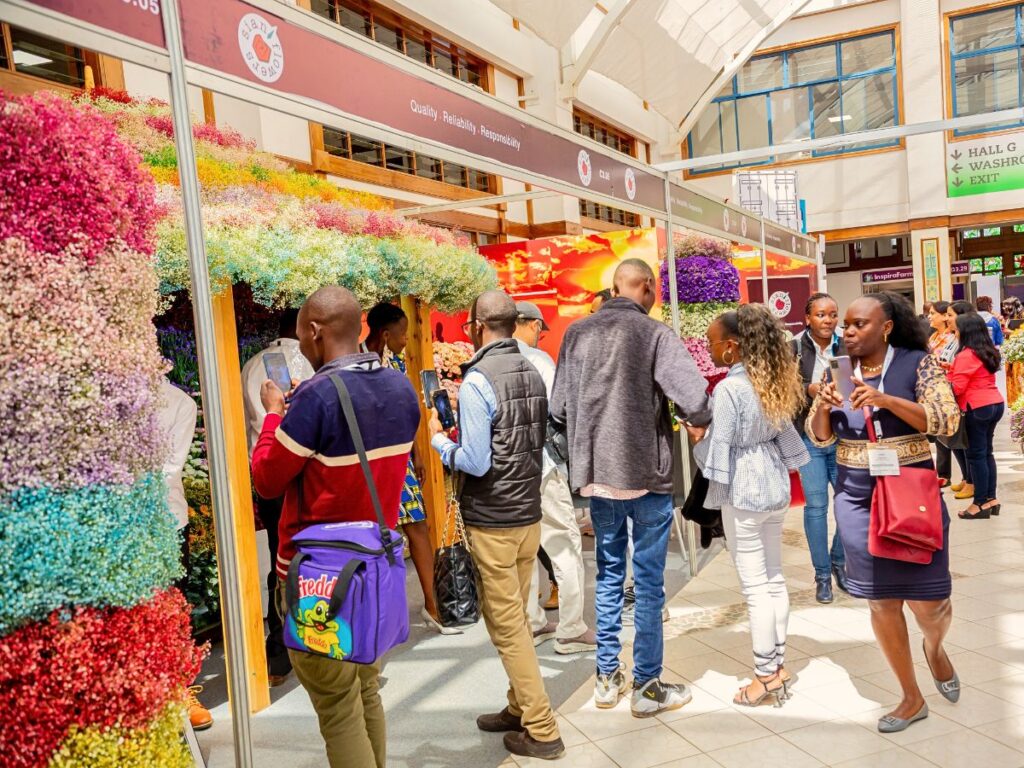
Those attending the fair will, therefore, attain the knowledge of what it takes to successfully cultivate beautiful flowers as well as all the realities of cut flower sector, moreso the urgency in enhancing sustainable practices, the global impact of responsible flower trade, and why the global flower industry must, in togetherness, act fast to improve its good agricultural practices, and present a unified voice crucial for safeguarding the industry’s well-being.
Why IFTEX Matters and You Should Make a Point to Attend It
IFTEX provides a fertile ground for networking, knowledge exchange, and implementing floral business connections, partnerships, and transactions. At the conference, flower breeders, growers, wholesalers, and retailers have the opportunity to showcase their beautiful flowers, from the classic roses to other exotic and fascinating flower varieties, including Chrysanthemums, Gypsophila, Carnations, Cymbidiums, Hypericum, lilies, orchids, and a wide range of others.
Through the event, logistics players, exporters, and importers also have a platform to engage in and make trade deals that span continents, boosting the flower business across the world. Also, other industry professionals have the platform to discuss trends, innovations, and sustainable practices. Customers and flower enthusiasts, on the other hand, are afforded a firsthand opportunity to experience and appreciate all the beautiful flowers and plants grown anywhere across the world. Flowers, floriculture, and floristry are, after all, elements that go way beyond mere geographic boundaries. They connect people and enhance well-being.
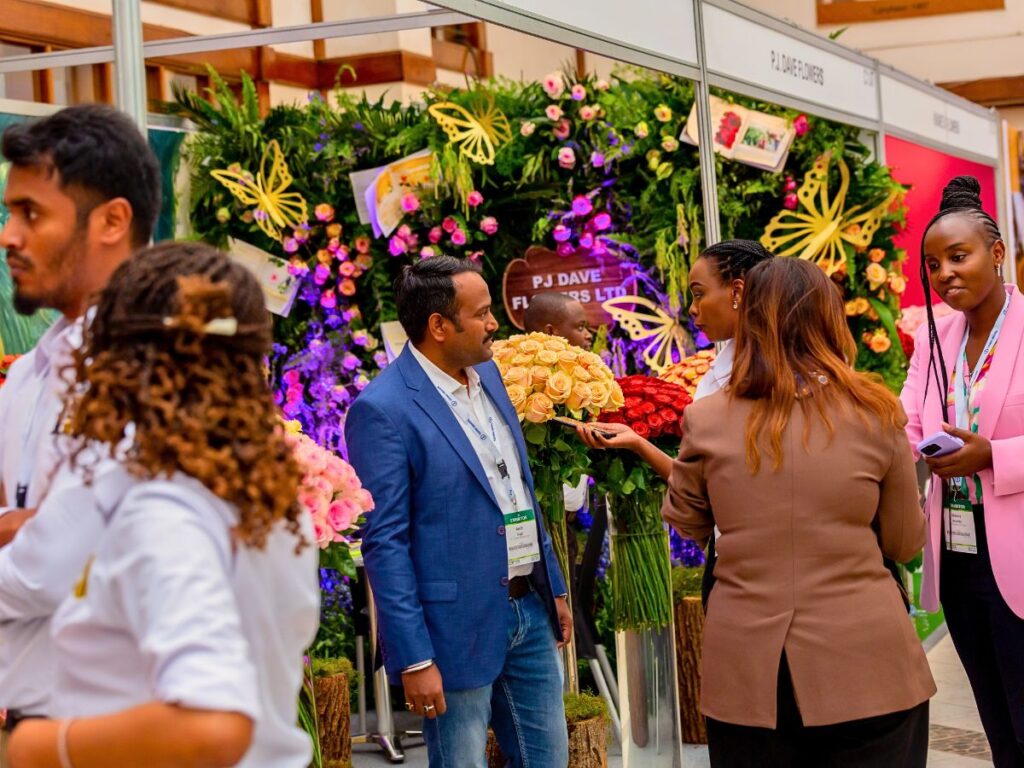
Did You Experience IFTEX 2024? Expect More This Year!
A success by all means, the last IFTEX floral fair witnessed an overdose of floral beauty as well as events and campaigns that sought to promote the flower trade and the flower industry’s interconnectivity across the world. Leading players in the industry presented what they had to offer when one thinks of plants and flowers, and their production, cultivation, and delivery. All these activities summed up the fair as one of the best in recent years.
For the 2025 event, the belief is that the floral event will be much bigger and better than previous ones. Going by all indications, it promises nothing short of that! A lot more exhibitors, including breeders, growers, wholesalers, suppliers, and others in the industry, are expected to showcase the finest of their floral offerings and services they offer. And, there will also be discussions and interactions that will positively influence the flower industry.
As all pointers indicate, IFTEX 2025 is one worth making all the effort to attend. It will not just be your ordinary exhibition that celebrates the beauty of floriculture and its importance in different economies, but also how it influences floral artistry. Plus, there will be even more opportunities for engagement to strengthen the future of the global flower industry.
Source: Thursd.
Beware of attendee list scams and unofficial exhibiting listings!
Published: June 29, 2023
We would like to alert you to the presence of “unofficial” companies that are actively approaching attendees and exhibitors with offers to publish, purchase or order exhibitor/attendee lists from IFTEX. It is unfortunate that some past participants have become victims of these deceptive practices.
We want to emphasize that HPP Exhibitions, the organizer of IFTEX, does NOT provide visitor contact details to any third parties. Therefore, we strongly advise against responding to these requests, as these companies do not possess the genuine attendee list and are attempting to scam you.
Please remain cautious and vigilant when dealing with any communication regarding attendee lists. Protect your personal information and be wary of unsolicited offers that may compromise your security.
If you have any concerns or questions, please reach out to the official IFTEX organizers directly. Your trust and safety are our top priorities, and we are committed to ensuring a secure and successful event for all participants.
Beware of possible hotel fraud
Published: June 29, 2023
There are ‘unofficial’ companies aggressively pursuing attendees/exhibitors to book discounted hotel rooms through their company. Unfortunately, some past attendees/exhibitors have fallen prey to these companies and have either:
- Been relocated with little or no warning
- Lost their significant deposits
- Not had the guest rooms they thought they had booked
- Not had the hotel they thought they had booked
- etc.
This has caused great hardship to these companies and individuals. Reservations made through an agency will be at your own risk. We advise you to book directly with hotels and not through a third party.
Such companies should be avoided, as there are no agencies affiliated to HPP Exhibitions, other than those mentioned on our website!
Exhibition Hours
Tuesday June 2, 2026
Opening Ceremony
09:00 hrs. - 11:00 hrs
Show Hours
11:00 hrs. - 18:00 hrs.
Wednesday June 3, 2026
Show Hours
10:00 hrs. - 18:00 hrs.
Official Exhibition Party
18:30 hrs. - 23:00 hrs
Thursday June 4, 2026
Show Hours
10:00 hrs. - 16:00 hrs.
Venue Address
Visa Oshwal Center
Ring Road Parklands
Nairobi
Kenya
Contact Info
HPP Worldwide
P.O. Box 625
1000 AP Amsterdam
The Netherlands
Phone: +31-20-6622482
Email: info@hpp.nl
HPP Kenya
Ms. Michelle Mwangi
Phone: +254-727-085299
Email: michelle@hpp.nl

© 2026 HPP Worldwide, All rights reserved.
